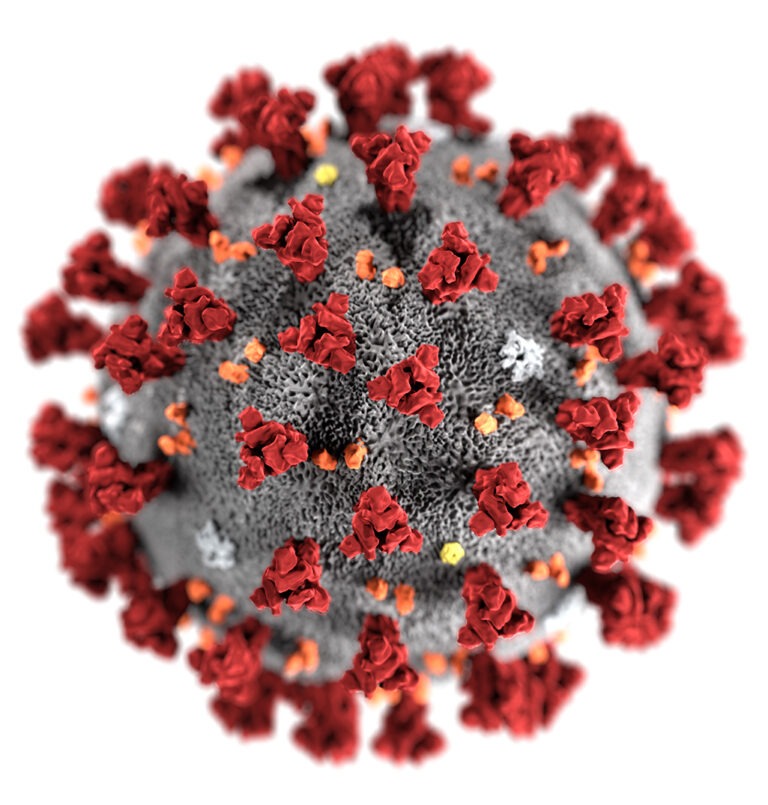Best Spine Surgeon in Mumbai | Dr. Amit Sharma

+91-9967600461
draks777@gmail.com
Performing Spine Surgery in Covid-Era

Performing Spine Surgery in Covid-Era
Spine Surgery in Covid Period
Covid-19 has changed the world totally in the last six months. People are affected professionally, financially and emotionally. It is a difficult time for patients who are suffering from any kind of medical illness. Patients are reluctant to go to the hospitals to prevent catching the virus in hospital. Online consultations have become very common. Those who need any kind of surgery are postponing them as much as possible. Even the doctors are operating on only those patients who require emergency/ urgent surgeries. Patients who are suffering from spinal disorders are also facing the same problems.
Patients with chronic back pain are coping with their pain and trying to control it with various medical treatments and physiotherapy. However, there are certain patients who are in acute need of spinal surgery and these patients cannot wait for Covid era to get over. In fact, patients who postponed their surgery few months ago, hoping that Covid situation will improve, are now in a bigger fix as Covid cases are now increasing exponentially. As they say, we need to learn now how to live with Covid (may be forever). We have to move on with our life and get adjusted to the “New Normals”.
Why patients are avoiding surgery in Covid era?
There are multiple reasons patients are avoiding surgeries in Covid times.
- Fear of getting infected with Covid in the hospital during the stay for surgery,
- Financial hardship: Many people have lost their jobs or are earning much less than what they used to in pre-covid era,
- Surgeries have become costlier due to increased use of personal protective equipment (PPE) and disposable materials during the surgery and ward care,
- Hospitals limiting visitors to attend the patients to avoid cross infections between patients and patients’ relatives,
- Many patients who need urgent surgery and are ready also, their Covid reports are positive and hence their surgeries are cancelled/ postponed.
What are the solutions to the current problem?
There seems to be no cure for the Covid in the near future. Currently used medicines have controversial role for the treatment of Covid. Availability of an effective and long lasting vaccine is a dream as of now. It is difficult to predict who will develop a totally asymptomatic infection and who will develop a severe disease after contracting the virus. Even the people who got infected in the past are not immune to reinfections. Essentially, we have to live with this virus and have to work around it now. Mask and hand/ body sanitization are the two most effective proven prevention strategies so far.
For the patients who need an urgent/ emergency surgery, majority of the hospitals are taking multiple precautionary steps to avoid infecting a patients during the admission or surgery.
- All patients are being admitted with covid reports. Only those who are covid-negative are allowed to stay in normal wards. Covid-positive patients are admitted in covid wards (if symptomatic) or discharged to isolation centers/ homes (if asymptomatic).
- If a patient turns out to be covid-positive, an elective surgery is postponed for a few weeks. Once the patient is covid negative, surgery is done.
- Emergency surgeries in a covid positive patient is done with utmost precautions to prevent cross-infection to the operation theaters (OT) staff, nurses and doctors. Most of the hospitals have dedicated covid OT for these surgeries.
- Majority of the hospitals are not allowing relatives/ visitors to stay/ visit the patient to prevent cross-infection. Some hospitals allow a relative to stay with the patients if necessary, but only if the relative’s covid report is also negative.
- Use of PPE and disposable material prevent cross infection between patients, and between health care worker (HS+CW) and patient.
- Most hospitals have created standard operating procedures (SOP) which isolates covid patients from non-covid patients during entire hospital stay. Even admission and transport of these patients are done through separate doors/ elevators.
Even after best efforts of the hospital, it cannot be guaranteed that a patient cannot contract covid infection while being admitted in the hospital. However, with all these precautions, hopefully the amount of viral load patient will receive will be low, and will not cause a severe illness in the patient. This issue is further complicated by the fact that while admission a patient might have had a false-negative report (means patient was already infected, but it did not show in the report) for covid and during the course of hospital stay patient becomes symptomatic leading to a true-positive report later on. In this scenario, it might be mistaken that patient got infected during the hospital stay. Unfortunately, there is no way to prove or disprove this claim. Also, there is always a risk that an asymptomatic carrier (who is not aware of his/ her covid positive status) might infect the patient in hospital; however, this risk is similar to being in an out-of-hospital setting (home/ market etc.).
Our experience of spinal surgeries during covid era:
In the beginning of lockdown in India, we had stopped working. However, soon it was clear that covid is not going to go away at least for few months (that time’s projection). Within a week’s time after the lockdown started, we started offering our services again to the patients. In the very beginning, only emergency patients were being consulted. Many patients with mild-moderate symptoms opted for online consultation (which we now feel is a very good method to consult out of town patients and to keep follow up even in a non-covid situation). Patients were seen in emergency departments of the hospitals and sometimes outside the hospital building also (those who were scared to enter the hospital) as routine OPD rooms were not open.
Surgeries were performed only on those patients who had severe spinal cord compression causing loss of nerve function or those with spinal fractures. Gradually, hospitals made limited consultation slots available. There was a separate entry for OPD patients after thorough history taking and physical examination. Many patients refused surgery as they were not willing to get admitted in hospitals where covid patients were also being taken care of. Some patients refused surgery as relatives were not allowed to stay in hospital with patients. Many patients, who were ready for surgery, turned out to be asymptomatic covid-positive and hence their surgery got cancelled.
Gradually things started returning to normalcy. However, even now when we are more than six months into the covid era, situation is only 50% (at max) back to normal. Patient flow in OPD has definitely increased. Number of surgeries are gradually increasing. People have understood that this disease is not going away in near future and they have to get other things also done in spite of wide-spread pandemic.
Even though catching the virus during the hospital stay cannot be ruled out for certain, luckily, not a single patient who got admitted for surgery turned covid-positive in post-operative period in our experience.
Surgery on covid-positive patients
Patients who are covid positive can have an unpredictable post-operative course. This can range from being totally asymptomatic to having life-threatening complication. Hence, surgeons and even hospitals were avoiding doing surgery on these patients. However, certain conditions which cannot wait, e.g. fractures, cardiac condition, neurosurgery procedures etc., were still being done on covid-positive patients with utmost care. Operating on a covid-positive patient also carries the risk of transmitting the infection to OT staff, nurses and surgeon. Anesthesiologist, who has to go very close to patient’s face while giving anesthesia, are at maximum risk. Close OT environment also increases viral concentration in OT air. A negative air suction OT is ideal in these situations which will reduce number of virus in room air by constantly changing OT air.
Incidentally, we also had to do spine surgery on some covid-positive patients. Some of these patients could wait and turned covid-negative before surgery. However, some of these patient could not wait to become covid-negative. They had to undergo emergency spine surgery due to progressive damage to spinal cord causing weakness in arm/ legs and loss of urine control. None of these patients develop any medical complication in the post-operative period, partly because they were asymptomatic covid-positive.
Future of spine surgery in covid era
It is very clear to everyone now that covid-virus is going to stay with us. However, with the current protocols and SOPs in place, a clinic consultation, hospital admission and even surgeries have become almost as safe as they were in the pre-covid era. With the availability of various drugs working on the virus, even if a patients develops infection in the post-operative period, it can be controlled within the safe limits. Hopefully with the development of herd immunity or availability of vaccine in near future we will not have to worry much about covid as much as we have to worry now.